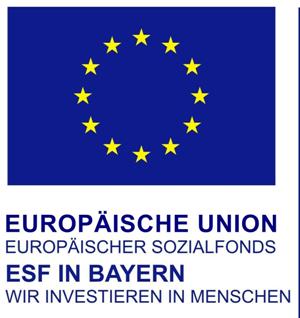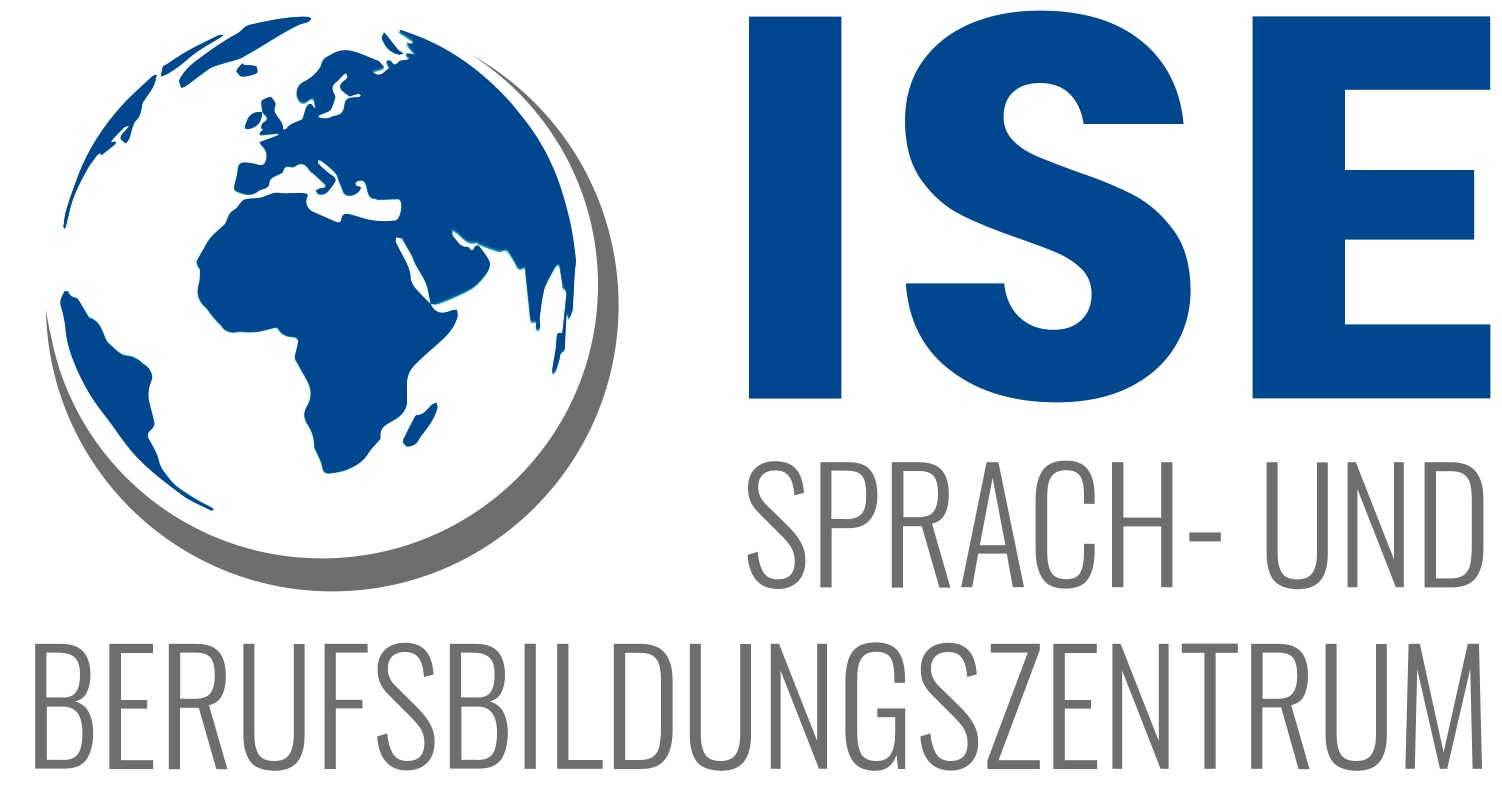Peter Blendowski (ISE project manager of the ESF project) and Andrea Gaßner (supervisor, lecturer and administrator in the project) really cannot complain about the learning progress of the 22 participants. After completing the second module, almost 100% of the participants were able to acquire the childcare certificate after passing theoretical and practical exams. This qualification entitles you to work as a carer in nursing homes (according to Section 87b SGBXI). After the many teaching and practical units, the participants can now look forward to a successful completion and better opportunities on the job market.
The qualification will end on March 31, 2014 - beforehand, the participants in the qualification can test, stabilize and deepen their knowledge in a four-week internship, which will usually take place in old people's and nursing homes. In addition to the three-week internship that has already been completed, the participants can now gain further professional experience to get to know the reality of work.
The project, which is co-financed by the European Social Fund, began on July 1st, 2013 at the ISE language and vocational training center at Kaiser-Ludwig-Ring 9 (near the train station) in Amberg and is intended to help long-term unemployed people to further their training and become fit for the professional world close.
“It's great, says Peter Blendowski, that the nursing qualification will open up new perspectives for students. Every subsequent start of work is a great success. Some participants have already struggled with their fate in their lives. It is very enriching to be able to support people and to create new professional and private opportunities through education.” No two paths are the same - the ISE employees are aware of the individuality of each person and their life story. When planning and searching for an internship, personal characteristics, character strengths and preferences were/are taken into account wherever possible.
The ISE language and vocational training center has now been active in the field of further education, training and further education for 25 years. Despite all the innovations that have come and will continue to come over the years, the basic idea from which the ISE was created remains: the focus of the activity is the course participant as a person who, with all his personal problems, is looking for a new place within our society . Our job is to help him! Providing inspiration, being a trailblazer, providing support – these are just a few of the many points that the employees of the ISE Language and Vocational Training Center are committed to in their daily work with participants.
In the future, due to the successful work and response, the ISE will certainly offer further qualifications in the social, commercial or commercial areas, which will be co-financed from state funds. If you would like to take part, you can find out more on the ISE website https://www.ise-berufsbildung.de/ise21 or obtain further information at info@ise-berufsbildung.de. The employees of the ISE Language and Vocational Training Center are also available to answer telephone inquiries on 09621/7868-0.
Important foundation for the labor market
The Bavarian Ministry of Labor is doing everything it can to keep the unemployment rate in Bavaria low and to actively counter the impending shortage of skilled workers. This is where the ESF comes into play. For over 50 years, as a so-called structural fund, it has ensured that the employment and work opportunities of people in Europe are improved. This makes the ESF the most important funding instrument of the European Union (EU) in the area of labor market policy. Initiatives and projects are supported that improve the qualifications of long-term unemployed people and employees and create additional training positions. The ESF also supports projects that increase equal opportunities, strengthen social inclusion and promote entrepreneurship while expanding cross-border employment. From 2007 to 2013, Bavaria invested around 630 million euros in sustainable qualification and labor market projects. Half of this, around 310 million euros, is co-financed by the ESF. Further information at www.esf.bayern.de.
Get involved: The ESF in Bavaria
 Anyone who would like to actively shape the promotion of the labor market in Bavaria can apply for ESF funding for their project idea for the current funding period 2007 to 2013. Applications for the current funding period are still possible until the beginning of 2015. Institutions for general and vocational training, such as educational institutions, universities, adult education centers and private educational institutions, can find information on application modalities and contact persons on the Internet, as can small and medium-sized companies. Non-governmental organizations and social partners such as trade unions, welfare associations, works councils, industrial and professional associations can also find further information and advice at www.esf.bayern.de.
Anyone who would like to actively shape the promotion of the labor market in Bavaria can apply for ESF funding for their project idea for the current funding period 2007 to 2013. Applications for the current funding period are still possible until the beginning of 2015. Institutions for general and vocational training, such as educational institutions, universities, adult education centers and private educational institutions, can find information on application modalities and contact persons on the Internet, as can small and medium-sized companies. Non-governmental organizations and social partners such as trade unions, welfare associations, works councils, industrial and professional associations can also find further information and advice at www.esf.bayern.de.
Richard Kirschner
Web Administrator

